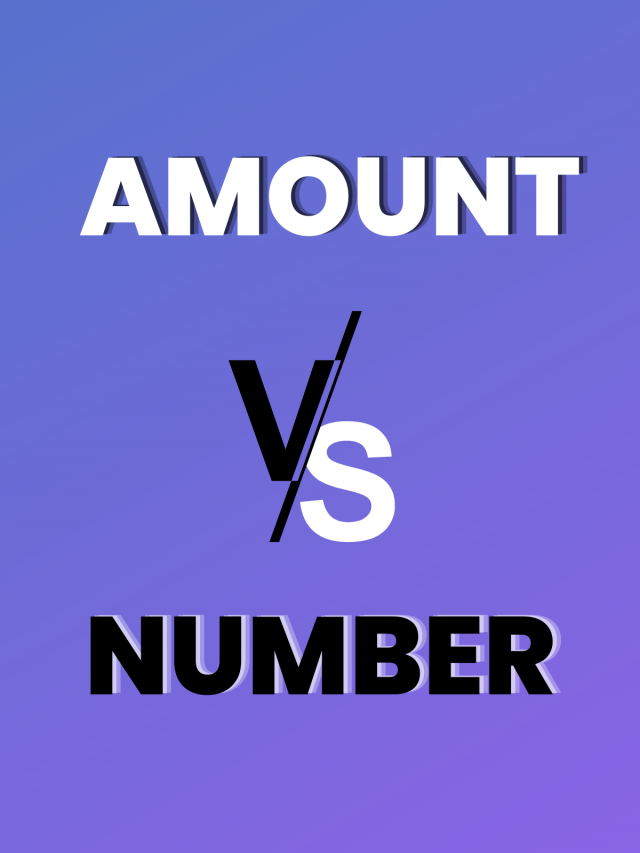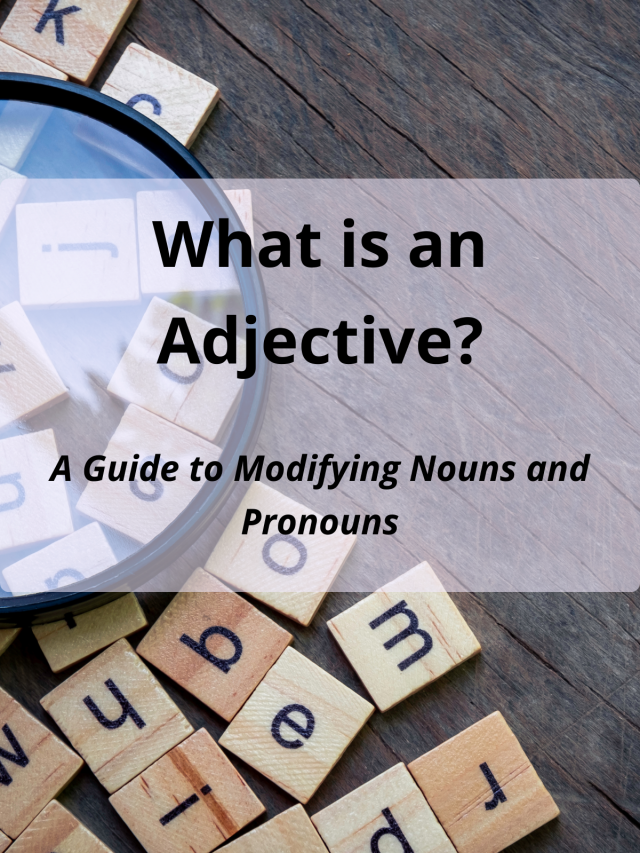It’s easy to think that research is the most important part of a Ph.D. But before you can start that research, first you need to write a research proposal and obtain support for your work. In fact, writing a compelling research proposal is critical to succeeding in the world of research and academia.
If you become an academic or a researcher, you’ll be writing research proposals often! But what is a research proposal, and how can you make sure that yours is successful? What are the elements of a research proposal, and how long should it be? Let’s read on to find out.
Table of Content:
Why Write a Research Proposal?
The goal of a research proposal is to persuade potential funders that your research is important and worth spending money and resources to support. Because competition for funding is fierce, institutions and funders use research proposals to identify projects that have the potential to be of importance to the field and are well-planned and clearly based on a strong understanding of existing research.
Your successful research proposal will make a convincing case for the significance of your research, lay out a reasonable timeline and budget, and locate your study in the current literature.
What’s in a Research Proposal?
Research proposals are usually between 1,500 and 3,000 words long (about 4 to 7 pages), and contain all of the elements of an actual research paper with some extra information. These generally include some or all of the following:
- Introduction
- Background of the study (significance)
- Literature review
- Research design and methods
- Supposition and implications
- Conclusion
- Bibliography
In addition, you will need to include a budget and timetable outlining your schedule for completing your research and your anticipated costs. Research proposals that involve human or animal subjects will also require a compliance plan demonstrating awareness of and planning to deal with any potential ethical issues.
How do I Write a Research Proposal?
Like any paper, you’ll want to begin writing your research proposal by selecting a good research topic. Once you’ve done that, the next step is to craft a good research question.
Your research question will refine what you hope to discover through your research and also guide the design of your study. Make sure your research question is feasible, specific, focused, measurable, and clear.
Once you’ve defined your research question, it’s time to make a list of relevant sources for your bibliography and literature review. Since this is just a proposal, your literature review does not have to be comprehensive, but you should mention the most prominent research in the related field and include the rest in your bibliography.
Now you can plan out your study design and create a timeline and budget. Finally, address the suggestions and implications that your research will have for the field and finish up by writing your introduction, background, and conclusion. Of course you can write your actual research proposal in any order that you like, but it’s often easier to finish by writing the introduction once you have the rest of your proposal laid out for you.
Editing Your Proposal
Once you’ve drafted your research proposal, it can be tempting to send it off and call it a day. But you should never skip the crucial steps of editing, proofreading, and polishing your proposal! No matter how brilliant your first draft might seem when you are writing it, there is always room for improvement when it comes to writing.
It’s easy to miss small but glaring errors the first time around. Even a poorly placed typo could endanger the success of your research proposal, as it can make you seem like you don’t pay sufficient attention to detail.
If you aren’t confident in your ability to edit your own work, you can always use an academic editing service, which will polish your writing and ensure it meets all of the proposal requirements. Alternatively, if you just want some extra help, an AI grammar checker like Trinka, which is specifically tailored towards academic writing, can be the best option.
What are Some Common Mistakes when Writing a Research Proposal?
To ensure the success of your research proposal, you’ll want to avoid making some common mistakes. The most essential mistake to avoid is failing to make a strong argument for your research. Your research proposal exists to demonstrate the importance of and need for your research to drive the field forward.
What question do you hope to make progress on, and how will it help others who follow you? You must establish the basis and significance of your proposed study in order to win over the reviewing committee or institution.
Other common mistakes research proposal writers make include being too wordy and focusing too much on minor issues. While you want your proposal to meet the minimum length requirement, you don’t need to waste anyone’s time writing meaningless sentences just to take up space.
The same goes for focusing on minor issues. You can delve into the details when you write your actual paper, but there’s no need to spend time on them in your proposal.
Finally, make sure the sources you cite in your proposal and bibliography are relevant. You don’t need to read through every study just for your proposal. But you should at least read the abstracts and make sure the studies relate to your proposed project.
One good strategy to find sources is to find one very relevant paper and then check out their cited sources. Remember, you need to demonstrate you understand your proposed research area well, and citing relevant sources is a key aspect of that.
Can you Show me Some Example Proposals?
If you’d like some examples of successful research proposals, check out the following links:
- Clinical Research Project Proposal Example
- Department of Social Policy and Criminology Proposal Examples
- Politics PhD Proposal Examples
- Civil Engineering Proposal Example
Web Stories:








